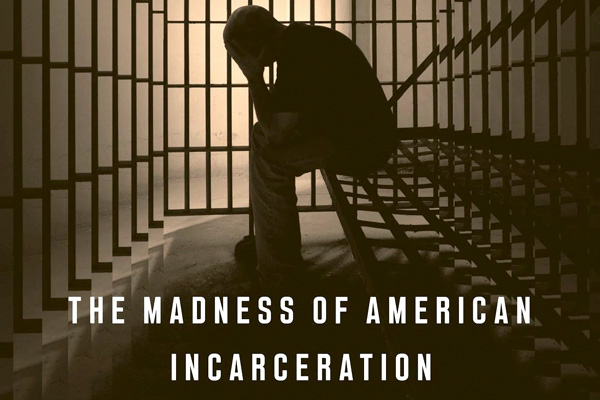BOOK REVIEW: The Madness of American Incarceration –
July 21, 2020 – Montross is a gifted, often compelling storyteller. She opens her book with an explanation of how the whims of police officers can lead two similarly situated people battling psychosis to experience divergent, life-altering fates. If one officer delivers someone exhibiting psychiatric symptoms to a mental hospital, that person may receive the treatment required to stabilize and improve. But if another officer delivers someone exhibiting the same symptoms to jail, that person enters a world almost perfectly calculated to exacerbate despair. To illustrate this point, Montross recounts the history of a jailed man she calls Henry. Following Henry’s arrest, he refused to leave his cell, perhaps owing to paranoia. This refusal led correctional officers to subject him to a “cell extraction,” an anodyne term for a vicious practice. Predictably, Henry disliked the experience, and expressed his displeasure by striking the extractors. These blows could be deemed an assault on an officer, rendering Henry vulnerable to an extended stay in solitary confinement, which would, of course, only further harm his already precarious mental state. Moreover, if convicted of the assault, Henry could face imprisonment for more than a decade — ample opportunity to accrue additional charges and punishment.



